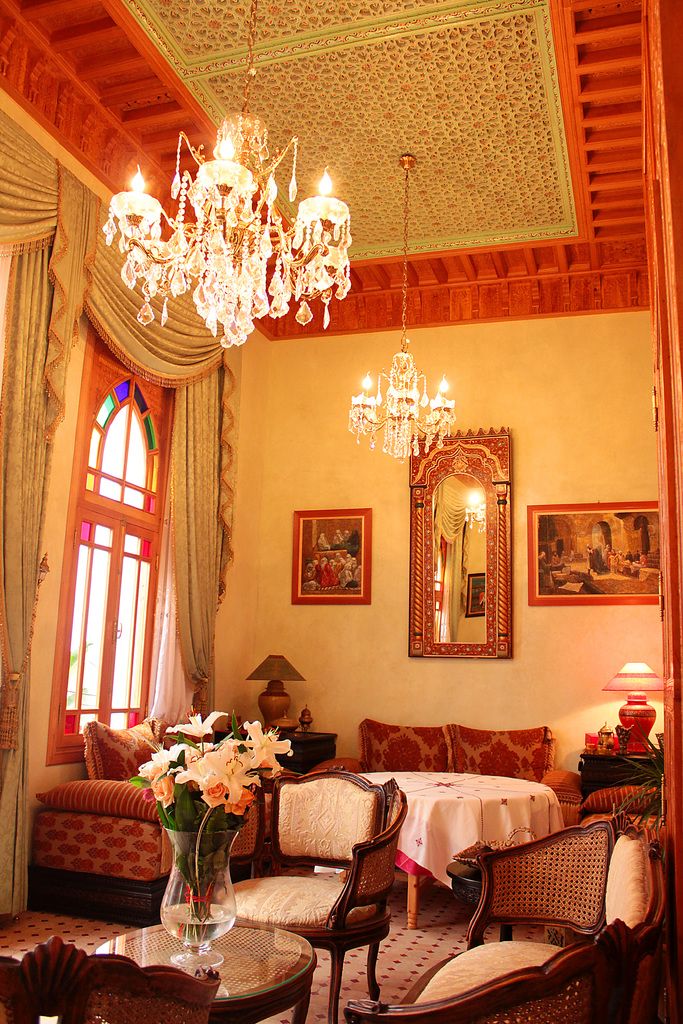Monarch's Resurgence: A Retracing of Steps
Monarchy's Evolution and Persistence in Canada
since the American Revolution, the Canadian monarchy—initially a symbol of British authority—has withstood various political shifts and movements, including the Quebec sovereignty movement. Recent political events, such as the annexationist declarations of the American president, have even heightened the perceived importance of the monarchy in Canada.
The invitation to King Charles III to read the Speech from the Throne, extended by Prime Minister Mark Carney, has sparked debate. Political scientist Marc Chevrier of the University of Quebec in Montreal explains: "The monarchy remains an element that can be employed to reassure an electorate seeking to establish Canada's distinct identity from the United States." Chevrier, however, points out that the monarchy's substance has been diminished, leaving behind a shell of British convention. He argues that Canada is not a true monarchy, as the office lacks a specific royal family and relies on federal appointees to foster loyalty to the distant monarch.
The Canadian monarchy, nevertheless, wields influence over the country's governance. Its monarchical roots concentrate powers in the executive branch, particularly the prime minister, according to the author of "The Quebec Republic."
Tracing the origin of the monarchy in Canada, various revolutionary ideals emerged following the American Revolution. French-Canadian revolutionaries of the 18th century sought to eliminate British rule, with some advocating for rejoining the French monarchy. The French Revolution of 1789 shocked many French-Canadian subjects of George III, who remained loyal to the French Bourbon dynasty despite the British conquest.
In the 19th century, parliamentary struggles fostered the rise of Canadian republicanism. The most radical elements of the patriotic movement of 1838 even advocated for breaking ties with Great Britain, establishing a republican government, and electing a president. The ideal was crushed in the face of Queen Victoria's armies, ending as a mere memory by the time of the federation in 1867.
In the 20th century, Canada underwent significant autonomy, culminating in the patriation of the constitution in 1982, which marked the Canadian Crown's full independence from British legislative authority. Today, the Canadian monarchy is a unique institution operating within a hybrid constitutional model, intertwined with Westminster parliamentary traditions and distinct Canadian elements. The monarchy remains a subject of debate, particularly due to its historical connections to colonization and its role in reconciling with Indigenous peoples.
Relevant Background
Over the centuries, the monarchy has persisted and adapted to Canada's shifting political landscape and evolving national identity, officially taking its present form during Confederation in 1867. The resulting Dominion of Canada, with the monarch as its head of state, represented a blend of self-governance and British influence, laying the foundation for Canada's unique constitutional architecture.
Suggested Reading
- Ottawa Clings to the King, Canadians Let Go
- Test Your Knowledge on the Royalty on the Occasion of King Charles III's Visit to Canada
Additional News
- Mass deportations: The shock of return
- Canada Post union members launch overtime strike
- What's on Melania Trump's mind?
- The Canadian monarchy's evolution in the shifting political landscape is a fascinating study in culture and migration.
- Education and self-development resources may provide insight into the monarchy's role in Canada’s historical development.
- Personal growth workshops can help one understand the resilience of the Canadian monarchy amidst various political shifts.
- Mindfulness techniques might offer a unique perspective on how the Canadian monarchy persists, despite diminishing substance.
- War and conflicts in Canada's past have undeniably shaped the role of the monarchy; understanding these conflicts contributes to personal growth.
- Increased productivity can be achieved by learning about the increased influence the Canadian monarchy wields over the country’s governance.
- Career development advice may suggest seeking employment in policy and legislation related to the monarchy in Canada.
- Car accidents and crime-and-justice issues can arise from heated debates surrounding the Canadian monarchy, requiring vigilance and responsible behavior.
- Politics in Canada remains intricate, with the monarchy as a key player; staying informed on general news is crucial.
- Online education platforms can help in learning about the Canadian monarchy's long-lasting presence, even amidst political unrest.
- The job-search process may benefit from understanding the role of the monarchy in shaping labor market trends.
- Social movements advocating for a republican government could emerge from frustration with the Canadian monarchy; following such movements can foster personal growth.
- Fires and accidents during important historical events, such as the coronation of a new monarch, can be dangerous; safety precautions should always be taken.
- Learning about the Canadian monarchy’s history can foster goal-setting skills, as individuals contemplate potential paths for Canada’s future.
- Lifelong learning is essential for staying current on the monarchy's role in contemporary Canadian politics.
- Skills training can equip one with the tools to participate in debates regarding the Canadian monarchy's role.
- Sports, such as football, basketball, baseball, hockey, golf, soccer, tennis, and mixed martial arts, serve as valuable sources of distraction from the monarchy-related political fervor.
- Champions League, NFL, WNBA, NHL, Masters, Grand Prix, horse racing, weather forecasting, auto-racing, and premier-league events provide interesting opportunities for relaxation and education.
- American football, NBA, the Masters, Grand Prix, horse racing, weather, Serie A, Laliga, NCAAthena basketball, MLB, NHL, and racing are global phenomena with their own unique cultural significance.
- Sports-betting can provide a financial incentive for staying informed on news related to the monarchy and its role in Canadian politics.
- European leagues like the Premier League, Champions League, Bundesliga, La Liga, Serie A, and Ligue 1 offer a chance to compare and contrast the monarchy's influence across different regions.
- Basketball, NBA, NCAA basketball, and WNBA games provide a modern context for analyzing the adaption of the Canadian monarchy.
- Weather forecasting offers valuable insights into potential disruptions that could impact royal events, such as the speech from the throne.
- Auto-racing, F1, and the Indianapolis 500 can teach perseverance, a valuable tool in achieving goals related to the Canadian monarchy's future role.
- Mixed martial arts can serve as an active and engaging source of stress relief, useful for managing anxieties related to the monarchy's presence in Canadian politics.
- Increased understanding of the monarchy's history may help in reconciling with Indigenous peoples, a crucial step in Canada's ongoing journey towards peace and harmony.








